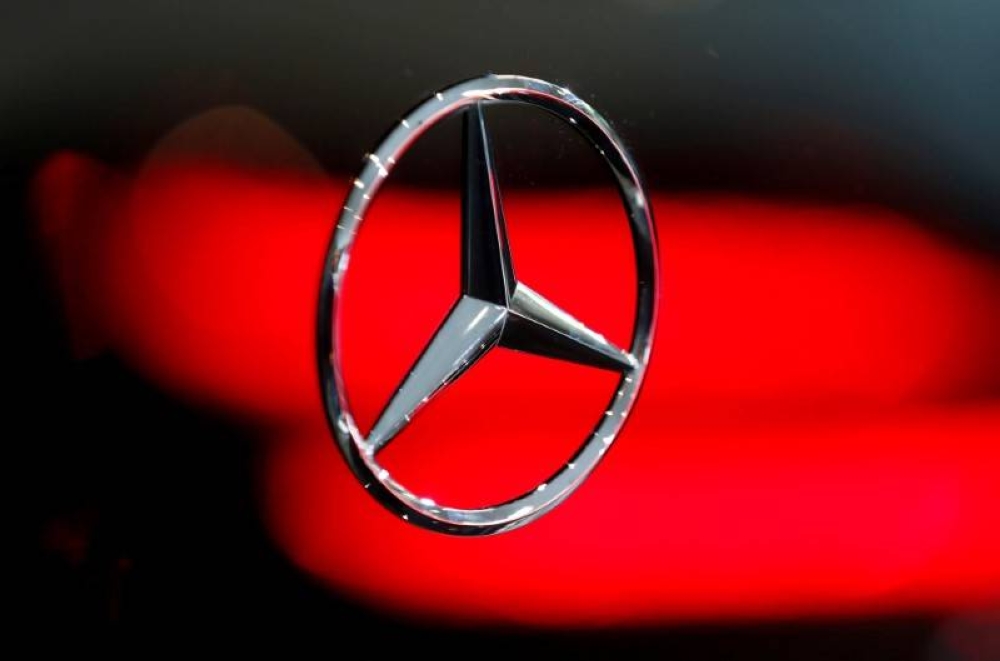BRUSSELS, June 2 — Owners of vehicles equipped with so-called defeat devices have a right to compensation from the vehicle manufacturer, an adviser to the top EU court said today in a case brought against Mercedes-Benz.
Defeat devices are mechanisms or software that can change vehicle emissions levels, leading to disputes over whether manufacturers use them to mask the true pollution levels of their vehicles. Volkswagen admitted in 2015 to using software to cheat US emissions tests on some diesel engines.
Judges of the Court of Justice of the European Union (CJEU) are not bound by advice from their advocates general, but follow them in the majority of cases.
German lawyer Claus Goldenstein, who represents 42,500 clients with interest in the case, said the opinion was significant by including negligent, not just intentional, behaviour of companies, which would make enforcement of claims easier.
Advocate General Athanasios Rantos also said it was for EU members to determine methods for calculating compensation, ensuring it was commensurate with the loss or damage sustained.
Mercedes-Benz said it remained to be seen how the court would rule and noted the opinion was not binding.
The case was brought to a German court by the purchaser of a used Mercedes C 220 CDI, whose exhaust gas recirculation system operated within a temperature range. In colder outside temperatures, the recirculation is reduced, leading to increased nitrogen oxide emissions.
The court in Regensburg provisionally established that this constituted an unlawful defeat device.
The German court asked the CJEU whether, under EU law, the purchaser of a vehicle equipped with such a device has a right to compensation against the vehicle manufacturer and how this compensation should be calculated.
In May, Volkswagen said it would pay £193 million (RM1 billion) as part of an out-of-court settlement to around 91,000 British drivers over its diesel emissions scandal. — Reuters





















